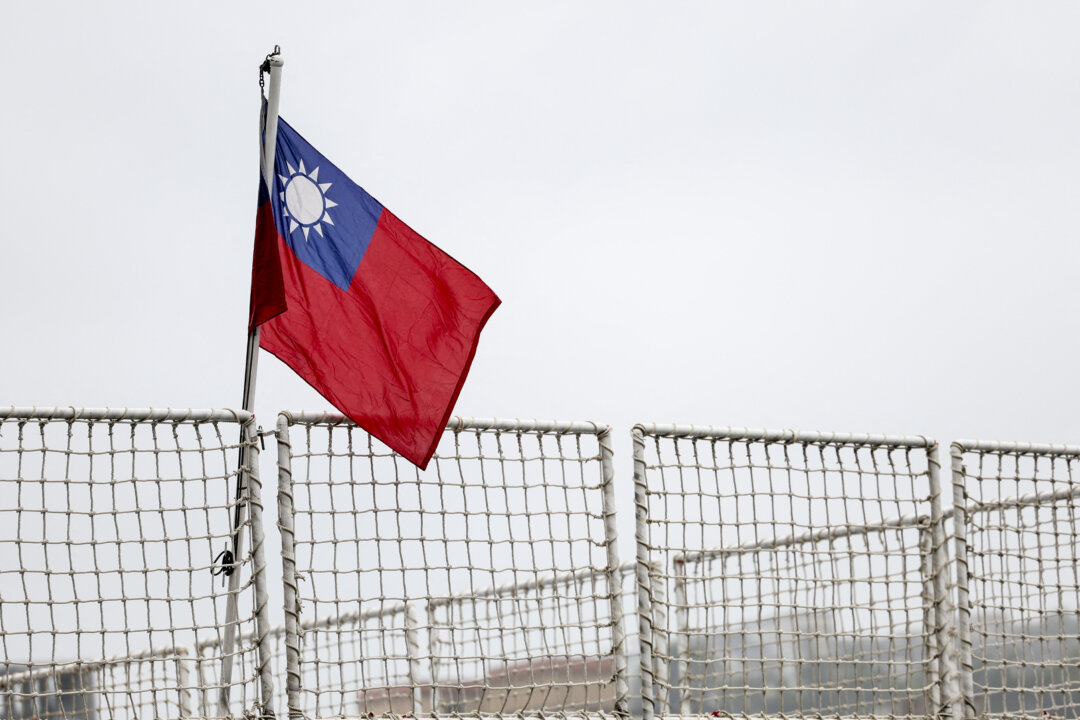Taiwan’s High Court has sentenced a former military officer to 14 months in prison over his bid to collect intelligence on Falun Gong for Beijing.
The man, Hsueh Chen-chun, solicited details about Falun Gong’s founder Li Hongzhi and his daughter—both U.S. citizens—from a Taiwanese investigator under the order of two Chinese intelligence officials, in violation of Taiwan’s national security law.
Hsueh had studied in a military cadet school and went on to serve as a senior airman for Taiwan’s Air Force Air Defense and Missile Command.
While on a business trip to China in 2014, Hsueh became acquainted with the two Chinese officials from the Ministry of National Security, surnamed Wang and Zheng, who identified him as an intelligence asset, according to prosecutors.
The pair is with the Chinese spy agency’s fourth bureau in charge of matters around Hong Kong, Macau, and Taiwan. They covered his airfare for that trip upon securing his promise to collect a variety of information, including details relating to members of the de facto U.S. Embassy, American Institute in Taiwan, and Taiwan’s foreign diplomats.
One request from the two was to obtain the entry and exit details of a list of individuals associated with Falun Gong, a spiritual discipline based on the principles of truthfulness, compassion, and tolerance.
Reports from human rights watchdogs and firsthand accounts show brutal efforts from the Chinese communist regime to eradicate Falun Gong out of fear that its popularity threatened the regime’s power. Falun Gong practitioners who refuse to give up the faith often face severe abuses, including long sentences, slave labor, and even death by forced organ harvesting, among other forms of torture.
The Taiwan ruling on Aug. 21 also confirms the global reach of the Chinese transnational repression effort targeting the group.
In the United States, the ministry has also engaged U.S. citizens or residents in similar acts, including having people bribe the IRS to open an investigation against Shen Yun Performing Arts, founded by Falun Gong practitioners to showcase “China before communism” and the abuses in modern China. In Finland recently, a former Hong Kong chief, currently the vice chair of China’s top political advisory body, threatened Falun Gong practitioners at an information booth, drawing rebuke from the Finnish foreign ministry.
Acting on the Chinese officials’ request, Hsueh in 2018 twice sought out an investigator from New Taipei City’s Investigation Bureau, Lai, at the time a classmate of Hsueh, as they pursued master’s degrees at National Chengchi University. Over meals, Hsueh showed Lai the name list and offered to provide Chinese provincial and city level policy intelligence in exchange for the information.
He later shared a photo of Lai’s name card with the Chinese officials through Chinese app WeChat.
Hsueh repeatedly denied liability and said that he habitually “brags” and “talks nonsense.”
But the Taiwan High Court said Hsueh should know better, noting his years at the cadet school and his military service. The ruling rejected a previous appeal from Hsueh and is final.
Since 2020, Taiwan has prosecuted nearly 160 individuals related to Chinese espionage, including 95 current and former military officers.
Taiwan’s Supreme Court on Aug. 21 also upheld a 26-month sentencing of an air force pilot Shih Chun-cheng for leaking sensitive defense information, including details relating to Hsiung Feng III, a medium-range supersonic missile designed to deter potential Chinese invasion.

